Joining a student organization doesn’t have to be nerve-racking
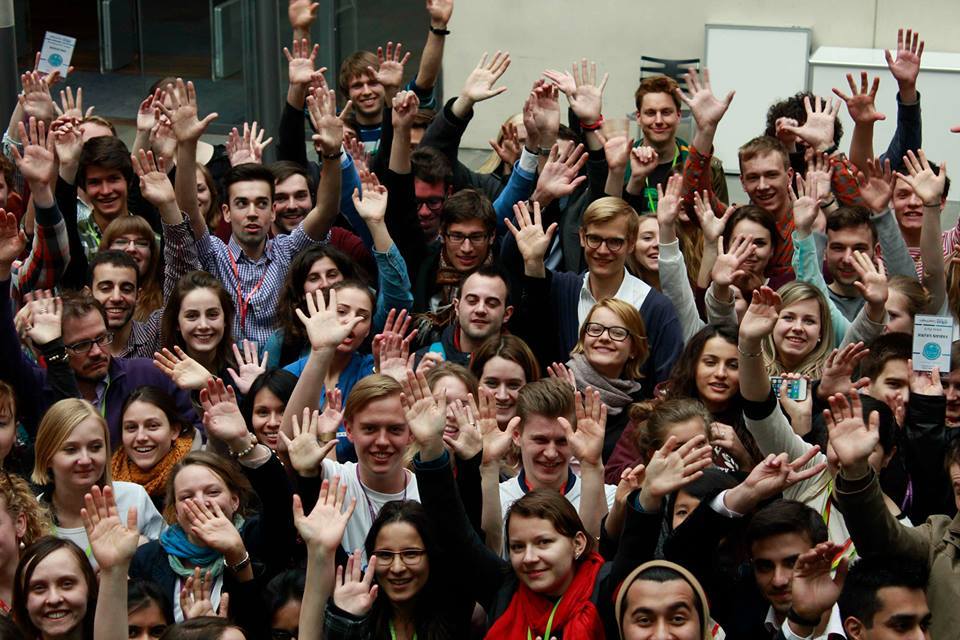
It can be a little stressful applying to one of the more competitive student organization. Three of the largest and most popular student organizations shine a light on why you should join a student organization and what they are looking for when recruiting students.
It is often thought that joining some student organizations requires top grades and at least some work experience. But speaking with several students in leadership positions at certain student organizations revealed quite the opposite.
“You actually learn about running an organization. The mechanism of running an organization, and I think that is extremely important”
Mia Askelund, General Secretary of CBS Student
Why join in the first place?
The most obvious perk is the network that you can gain by joining and being active in a student organization. But that network is not only useful for gaining access to new jobs, it also helps you develop your skills.
“We have to teach each other how to be professional, structured and on time, otherwise, MCC wouldn’t be what it is today,” says Jonas Ankersborg, Head of Events at Copenhagen Management Consulting Club (MCC).
Joining a student organization also gives students crucial work experience that they might not be able to get from a student job. “You actually learn about running an organization. Not only a union or association. The mechanism of running an organization, and I think that is extremely important,” says Mia Askelund, General Secretary of CBS Students.
Laurits Christiansen, Vice President of oikos agrees and explains that “You are the project manager, you are the one responsible for planning these series of events.” During the conversation, he also mentions another perk. If volunteers manage to do a good job, his student organization is willing to give out recommendations, which go a long way when applying for any job.

How to join
Most student organizations have a hiring process that is similar to that of any organization. This can create a feeling of uneasiness leading up to the interview itself.
“I was a little bit nervous, it was like a job interview, and the whole while she was running it like that. But it was still very informal, and she was pleasant to talk to,” says Jonas Ankersborg.
Depending on the position, the student in charge of hiring will ask different questions. For example, Anna Miotello, Head of HR at MarketingLab describes her experience of the interview she went through:
“It started with some questions that were meant to put you at ease and to know who you are and then they asked me if I had any experience with recruitment or another student organization and why I was passionate about HR.”
The organization is nothing more than the people in it, and if nobody cares, then it does not exist.
Jonas Ankersborg, Head of Events, CPH MCC
Grades aren’t everything
One would think that joining one of the student organizations giving consulting advice to partner companies would only take top students with at least some experience as members. But the truth is, you should shed that thought.
“With a medium to low GPA, you could still definitely be called into an interview. It differs from position to position, but I think it’s more about the skillset and the motivation – first and foremost,” says Jonas Ankersborg and continues:
“There are not any heavy criteria for being an organizer in MCC. You have to want it. That is the most important thing.”
And he doesn’t seem to be the only one of that opinion. In fact, Anna Miotello believes that students who have extensive work experience do not necessarily fit the bill.
“It’s not fair for students, because this is there chance to develop their skills. Plus, if they enter the organization and already know everything, then what will they learn in the end. What I aim for is to have one person who has some experience and one person that has a little bit less,” she says.
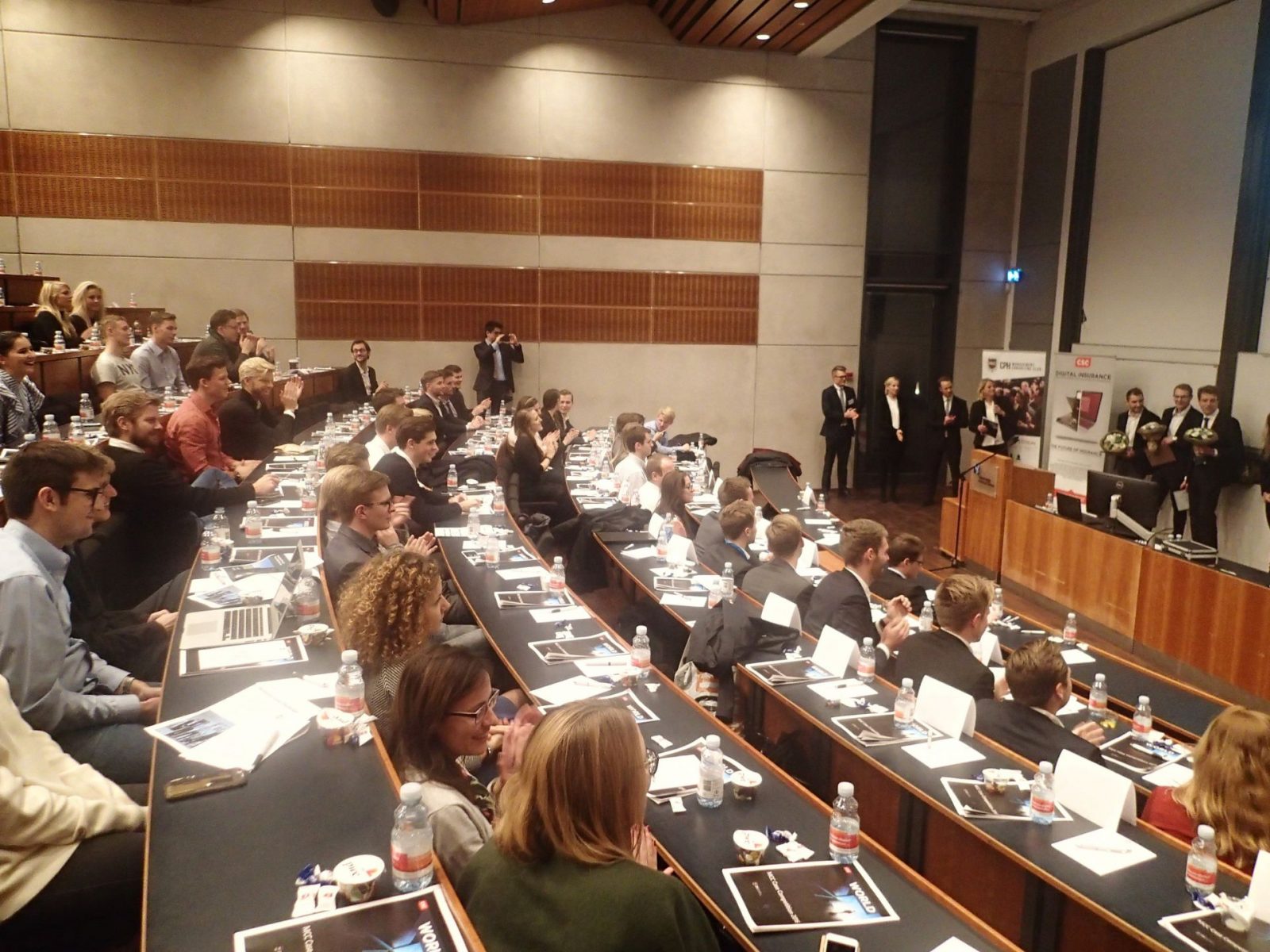
Show that you’re motivated
When deciding to join a student organization, you should treat it with the same respect you would a job application. “If you really want to join, treat it with some seriousness,” explains Anna Miotello and goes on to say:
“You can see when someone has put effort into something like the layout of the CV or not having mistakes. It really affects an HR person’s decision when you see that someone is sloppy.”
When asked about tips for students wanting to join a student organization, Mia Askelund responds by challenging students: “I would turn it around, what is your motivation? What is it you actually want?”
This was definitely an overarching theme that came up in every interview that was conducted with representatives from the different student organizations.
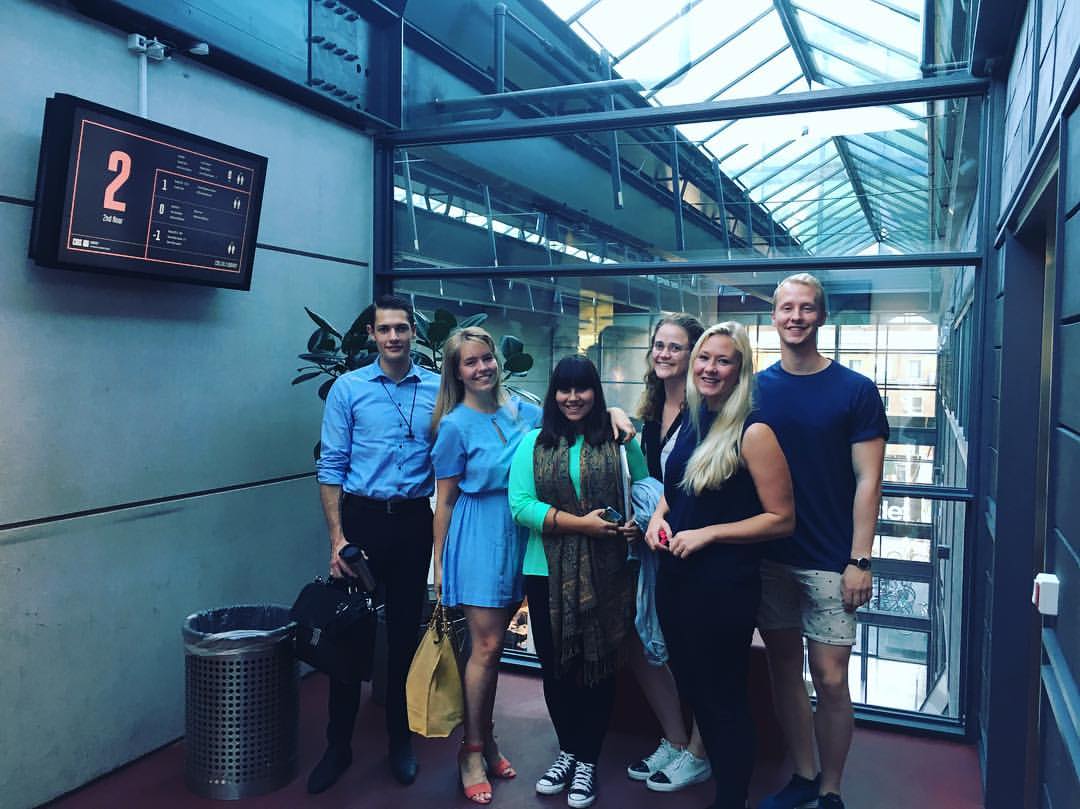
The answer to Mia’s questions is not necessarily difficult to answer for yourself. But how do you project that to the person in charge of hiring? Laurits Christiansen advises students to approach the application objectively.
“Know exactly what team they would like to join. It shows us that they have looked into it, and they have a feeling about this project, that it will be really awesome to plan,” he says.
When Jonas Ankersborg joined MCC, he did just that. Here’s how he describes his approach: “I had to learn about the different departments in MCC and what they were actually doing and how the organization actually functions and all of the names of the different people.”
After spending quite some time as a member of MCC, Jonas Ankersborg has a pretty good idea of what they look for in a student. When asked about it, here’s what he had to say:
“We are looking for people who are not just, there. They’re there because they will take an interest in the organization they will feel like they are a part of and care for the organization because the organization is nothing more than the people in it, and if nobody cares, then it does not exist.”
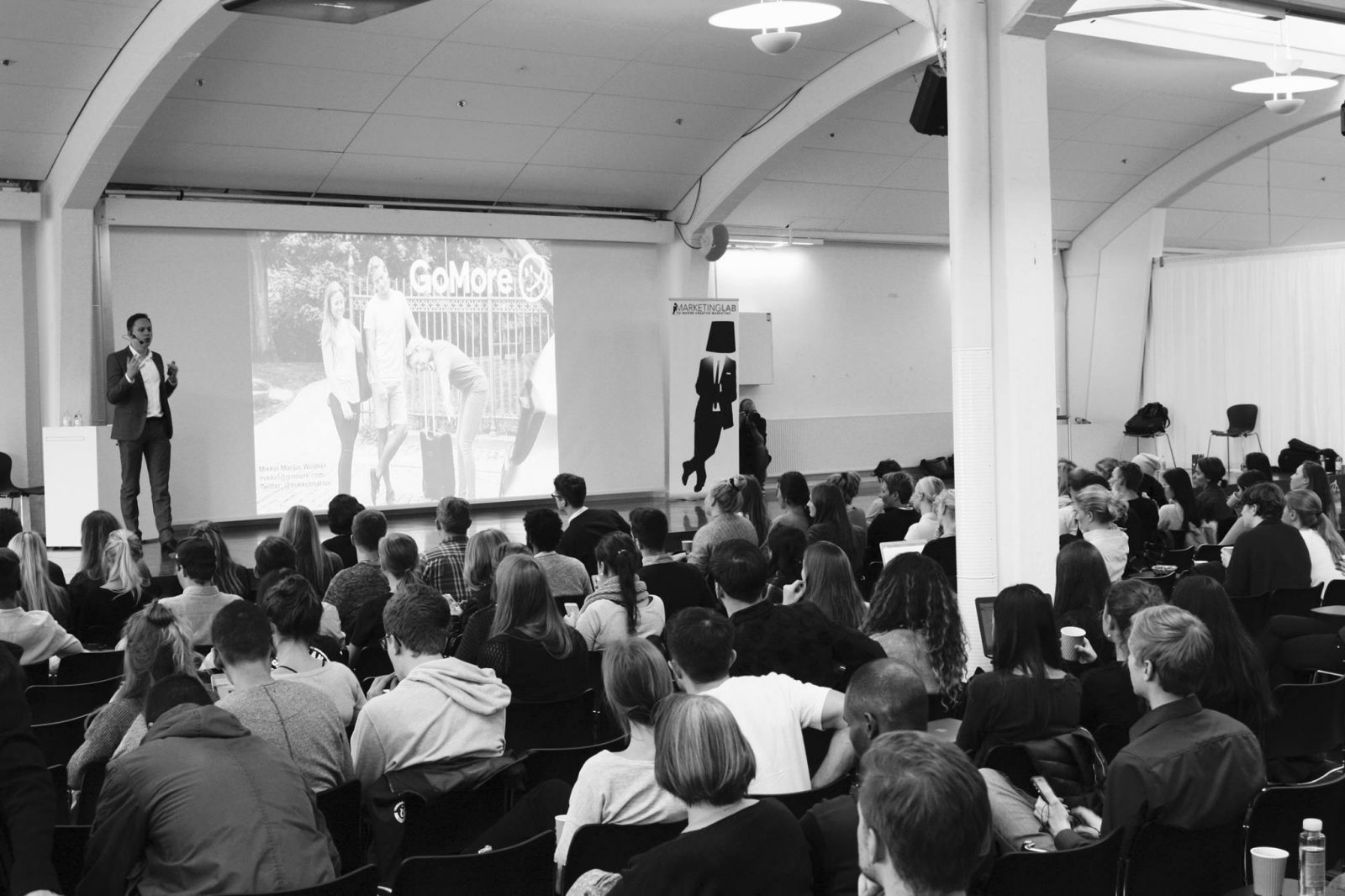



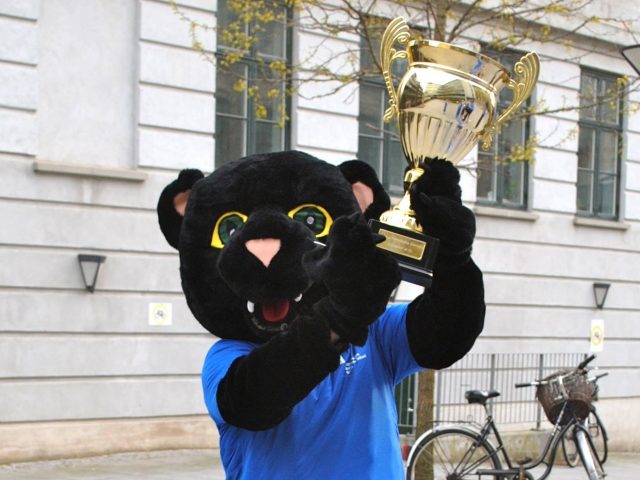
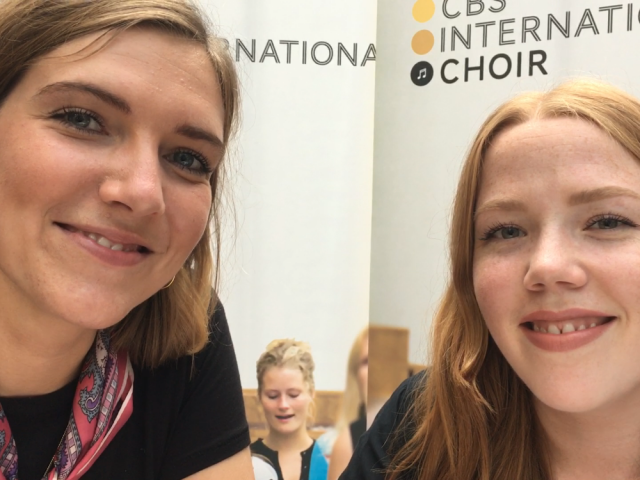































































































































Comments